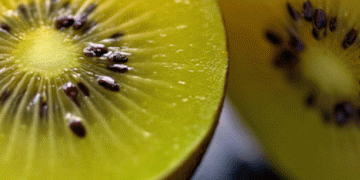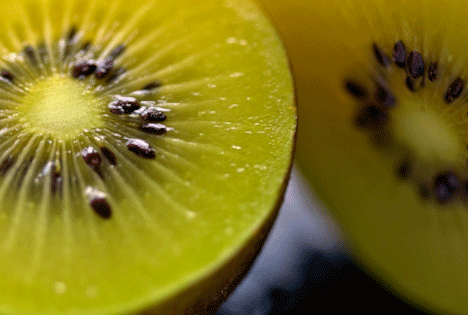In 2024, Georgia exported 264 tons of kiwis to Japan in the first 10 months alone, marking a 69% increase compared to the entire export volume of 2023. This achievement placed Georgia among the top four kiwi suppliers to Japan, alongside heavyweights like New Zealand, Chile, and the United States. While New Zealand dominates the market with 108,000 tons exported during the same period, Georgia has carved out a niche with its unique, high-sugar-content kiwis.
The Role of the Georgian Kiwi Producers Association
Formed in 2018, the Georgian Kiwi Producers Association now includes 114 farmers managing 70 hectares of kiwi plantations. The association has been pivotal in enhancing the quality and reputation of Georgian kiwis, particularly in export markets like Japan and Germany.
One of the key players in the Georgian kiwi sector is Nergeta, a private company cultivating approximately 30 hectares of kiwis (as of 2021). The company has been instrumental in aggregating and exporting kiwis, ensuring consistent supply to international markets. However, Nergeta’s lack of recent activity, with no website updates or social media posts since April 2024, raises questions about its current operations.
Scandal Threatens Market Access
A recent controversy involving falsely labeled Iranian kiwis being sold as Georgian in Japan threatens the reputation of Georgian exporters. Demur Pipia, chairman of the Georgian Kiwi Producers Association, highlighted the issue, stating, “When suppliers without even one hectare of kiwi plantations export several tons, questions arise.” If unresolved, this scandal could jeopardize Georgia’s access to Japan, a lucrative and discerning market.
Market Outlook and Challenges
- Unique Selling Points:
Georgian kiwis are valued for their high sugar content and distinct flavor, giving them a competitive edge in premium markets. - Challenges:
- Export Integrity: The scandal calls for stricter certification and traceability measures to preserve market credibility.
- Competition: Georgia’s export volumes remain small compared to global leaders like New Zealand, necessitating strategic growth.
- Opportunities:
Expanding plantation areas and strengthening the kiwi association’s governance can help Georgia scale production and compete more effectively. Developing organic and sustainable farming practices could also enhance market appeal.
Georgia’s kiwi exports to Japan highlight the potential of niche agricultural products in high-quality markets. However, the recent labeling scandal underlines the importance of transparency, traceability, and robust governance to sustain market access. By addressing these challenges and leveraging the unique qualities of Georgian kiwis, the country can solidify its position as a trusted supplier in competitive export markets.































